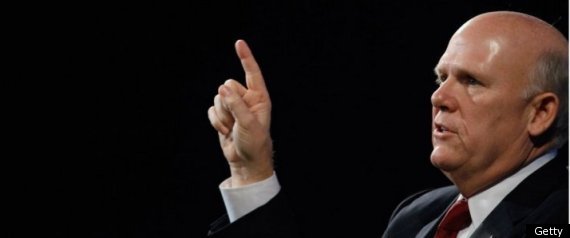 We all know that many American conservatives have issues with Charles Darwin, and the theory of evolution. But Albert Einstein, and the theory of relativity?
We all know that many American conservatives have issues with Charles Darwin, and the theory of evolution. But Albert Einstein, and the theory of relativity?If you're surprised, allow me to introduce Conservapedia, the right-wing answer to Wikipedia and ground zero for all that is scientifically and factually inaccurate, for political reasons, on the Internet.
Claiming over 285 million page views since its 2006 inception, Conservapedia is the creation of Andrew Schlafly, a lawyer, engineer, homeschooler, and one of six children of Phyllis Schlafly, the anti-feminist and anti-abortion rights activist who successfully battled the Equal Rights Amendment in the 1970s. In his mother's heyday, conservative activists were establishing vast mailing lists and newsletters, and rallying the troops. Her son learned that they also had to marshal "truth" to their side, now achieved not through the mail but the Web.
So when Schafly realized that Wikipedia was using BCE ("Before Common Era") rather than BC ("Before Christ") to date historical events, he'd had enough. He decided to create his own contrary fact repository, declaring, "It's impossible for an encyclopedia to be neutral." Conservapedia definitely isn't neutral about science. Its 37,000 plus pages of content include items attacking evolution and global warming, wrongly claiming (contrary to psychological consensus) that homosexuality is a choice and tied to mental disorders, and incorrectly asserting (contrary to medical consensus) that abortion causes breast cancer.














